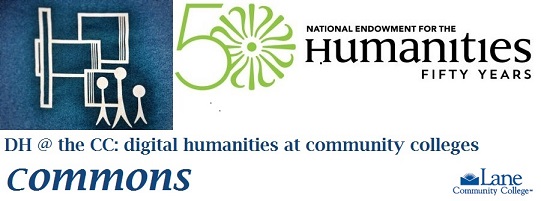| You are currently viewing a revision titled "Social Justice Wiki", saved on July 13, 2015 at 8:21 am by Jack Norton | |
|---|---|
| Title | Social Justice Wiki |
| Content | Anti-poverty Course Design Principles
Jack Norton -- Faculty in History at Normandale Community College
As a faculty member you can:
1. Talk about poverty with students.
2. Create a lending library by asking students finishing a course to donate their textbook. .
3. Place all resources (books, videos) on reserve in Library or in your college learning management system.
4. Uses free software or websites when ever possible. Avoid proprietary software.
5. Include information on useful resources at college/university for poor students in syllabus.
6. Provides course resources (readings, videos) electronic-copies in both week-by-week and single-semester download format.
7. Captions all videos.
8. Create all documents in Americans with Disabilities Act compliant formats.
9. Use as many open, free, or low cost texts as possible.
10. Provide clear written lesson plans that delineate source, action, minimum time required to complete, product, timeline, grading criteria and content learning outcome, metacognitive learning outcome, and vocational learning outcome.
11. Offer weekly and semester roadmaps (this is where we're going)
12. Offer feedback on all assignments, even if minimally, in timely fashion.
13. Offer incentives for study groups.
14. Offer incentives for office hours.
15. Require students to visit an academic adviser once during your course.
16. Have a free snacks in your office.
17. Have basic toiletries in your office.
18. Use early alert systems, either college wide or your own.
19. Know one person to whom you can send students with common problems (kicked out of house, no food, no books)
20. Include map of pubic libraries in a 30 mile radius for students.
21. Keep courses open for five years, so students can renew contacts or review resources.
Any anti-poverty course-design principle must meet the following criteria:
It is local (I can do it right now).
It's universal (Anyone can do it right now).
It's not theory dependent (one needn't take a graduate course in epistemology or habitus to understand).
It is student centered (it's not about faculty).
It is transparent to the students.
It improves student outcomes.
It addresses known problems.
It is informed by but not dependent on data.
|
| Excerpt |
